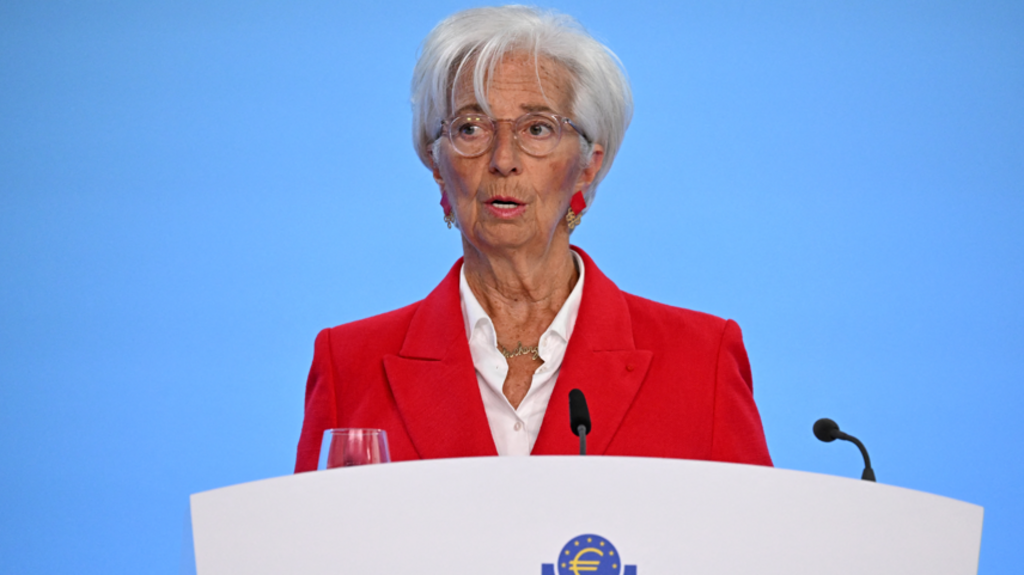The European Central Bank (ECB) has lowered its key interest rate to 2%, marking its eighth reduction in just over a year. This decision comes amid growing concerns about the eurozone’s vulnerability to the economic fallout from President Trump’s tariffs.
The ECB, which sets monetary policy for the euro area, cited persistent economic sluggishness and heightened uncertainty surrounding global trade as key factors influencing its decision. While inflation has moderated, the recent imposition of tariffs by the US administration, and the subsequent threat of retaliatory measures from the EU, has further dampened economic prospects.
The ECB acknowledged that short-term uncertainty related to trade disputes will likely negatively impact business investment and exports. Despite a stronger-than-anticipated 0.3% economic growth between January and March, the central bank anticipates a potential weakening in growth throughout the remainder of the year.
President Trump’s recent doubling of tariffs on EU steel and aluminum to 50%, coupled with the ongoing threat of tariffs on other European goods, has further exacerbated the situation. While some tariffs have been temporarily suspended, pending negotiations, a 10% tariff remains in effect until July 9th. The EU, in response, has prepared a list of tariffs targeting €21 billion worth of US goods.
The ECB maintains a more optimistic medium-term outlook, projecting accelerated growth driven by increased European spending on defense and infrastructure. NATO’s push for greater defense spending from its members, particularly in light of the ongoing conflict in Ukraine, is expected to contribute to this growth.
April’s inflation rate in the eurozone fell to 1.9%, below the ECB’s 2% target. However, the ECB anticipates inflation will remain near its target between 2025 and 2027. ECB President Christine Lagarde highlighted the positive impact of rising incomes and strong employment on household spending, bolstering the economy’s resilience to external shocks.
Despite this optimism, Lagarde acknowledged significant economic uncertainty, largely attributable to the ongoing trade disputes. Chancellor Merz’s meeting with President Trump is expected to address these concerns, along with defense spending commitments. The ECB’s rate cuts have been met with praise from President Trump, contrasting sharply with his criticism of the US Federal Reserve.
Recent data indicates weakening in the US economy, with May’s job growth hitting a two-year low, according to ADP. President Trump’s public calls for the Federal Reserve to lower interest rates reflect this concern. The Fed has already implemented three interest rate cuts, but its last meeting concluded with a hold, citing uncertainty surrounding the effects of the President’s trade policies.
The US Federal Reserve Chair, Jerome Powell, warned that persistent tariffs could lead to increased inflation, slower economic growth, and higher unemployment. Official US employment data is anticipated on Friday, with economists projecting a modest addition of 130,000 jobs in May and an unemployment rate remaining steady at 4.2%.
UK Inflation has fallen but remains above the Bank of England’s 2% target.
Interest rates, set by the Bank of England, affect mortgage, loan and savings rates for millions.
The UK’s statistics agency says April’s inflation figure was too high after it was given incorrect road tax data.
In its annual health-check for the UK economy, the IMF predicted growth of 1.2%, a marginal upgrade to its previous forecast.
The British Retail Consortium says the annual rate of food price rises hit 2.8% in May.

